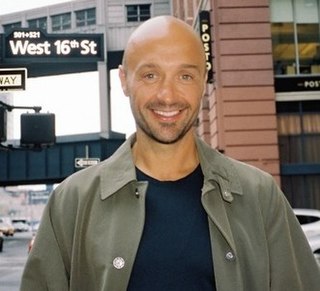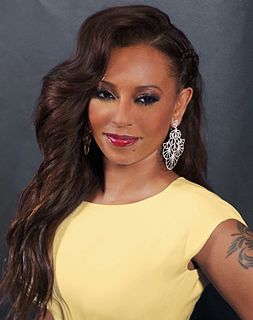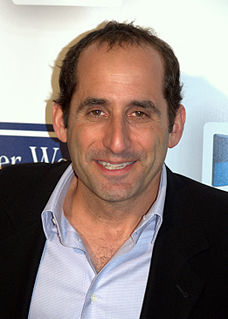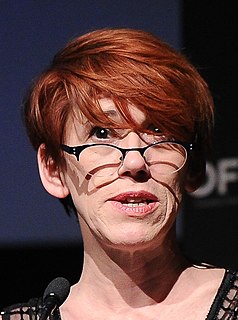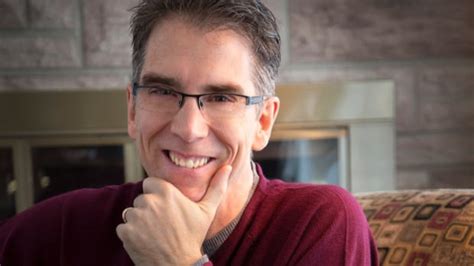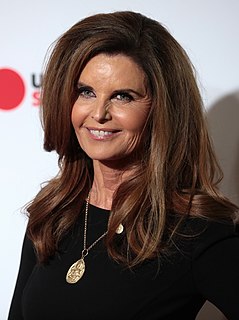A Quote by Jojo Moyes
I always imagined a writer was someone who lived in an attic in Paris, but my mum instilled in me a belief that I could do anything - so I ended up writing my first novel while working nights as a news reporter.
Related Quotes
While working on my first five books, I kept wishing I was writing a novel. I thought until you wrote a novel, you weren't taken seriously as a writer. It used to trouble me a lot, but nothing troubles me now, and besides, there has been a change. I think short stories are taken more seriously now than they were.
The problem is that affirmative action could never really get at the issue of corporate power in the workplace, and so you ended up with the downsizing; you ended up with de-industrializing. You ended up with the marginalizing of working people and working poor people even while affirmative action was taking place, and a new black middle class was expanding.
I don't think that writing, real writing, has much to do with affirming belief--if anything it causes rifts and gaps in belief which make belief more complex and more textured, more real. Good writing unsettles, destroys both the author and the reader. From my perspective, there always has to be a tension between the writer and the monolithic elements of the culture, such as religion.
My mum enrolled me in this free dance class because I had so much energy in the night-time, and she just wanted me to go to sleep. I ended up falling in love with dancing, singing, acting, the whole entertainment world. Then, my mum ended up taking on an extra job so she could fund me to take singing lessons or go to drama classes.
I followed a girl I met in Japan to Los Angeles and ended up working in a motorcycle store. I quit the job one night, went to a party in the Hollywood Hills and ended up yelling at a bunch of people. Someone saw me yelling and asked me to be in a play. The first night, there was an agent in the audience who took me on and sent me out for jobs.
The imagination doesn't crop annually like a reliable fruit tree. The writer has to gather whatever's there: sometimes too much, sometimes too little, sometimes nothing at all. And in the years of glut there is always a slatted wooden tray in some cool, dark attic, which the writer nervously visits from time to time; and yes, oh dear, while he's been hard at work downstairs, up in the attic there are puckering skins, warning spots, a sudden brown collapse and the sprouting of snowflakes. What can he do about it?
I am an artist and a writer, and I do think that one always places oneself in the picture to see where one fits. I left home when I was sixteen and lived in places where it was very easy for me to have fallen the other way. I could have been on the large convoy because I was a woman and I was alone. In India, that's not a joke. I could have ended up very, very badly. I'm lucky that I didn't.
I'd never imagined myself writing at all until I was almost 30. And horror films weren't to my taste, at least the super popular (slasher-y) ones of the day back then. The first novel I ever loved as a kid was Frankenstein, and I was always a crazy Hitchcock and Polanski fan... but I never saw myself - a square spazzy girl from the suburbs - writing anything that would horrify anyone. Or so I thought.
In the course of writing a book I'll produce loads of pieces of paper to help the novel itself. Diagrams, charts, family trees. And at the end of each book I'll pack it all away. It takes me a while to do it - it's like a relationship that way; there's a period of letting - go, of grief, in a way - but then I box it up, label it, and put it in the attic.
I pretty much drink a cup of coffee, write in my journal for a while, and then sit at a computer in my office and torture the keys. My one saving grace as a writer is that, if I'm having trouble with the novel I'm writing, I write something else, a poem or a short story. I try to avoid writer's block by always writing something.
Now, as a reader, you shouldn't feel the decisions the writer makes about this DNA, or it would be boring beyond belief. But, as a writer, you're struggling to make these decisions. What should the title be? What's the first line? The point of view? And the struggle with the decisions is because you're trying to figure out WHAT IS THE NOVEL, WHAT IS THE NOVEL?


